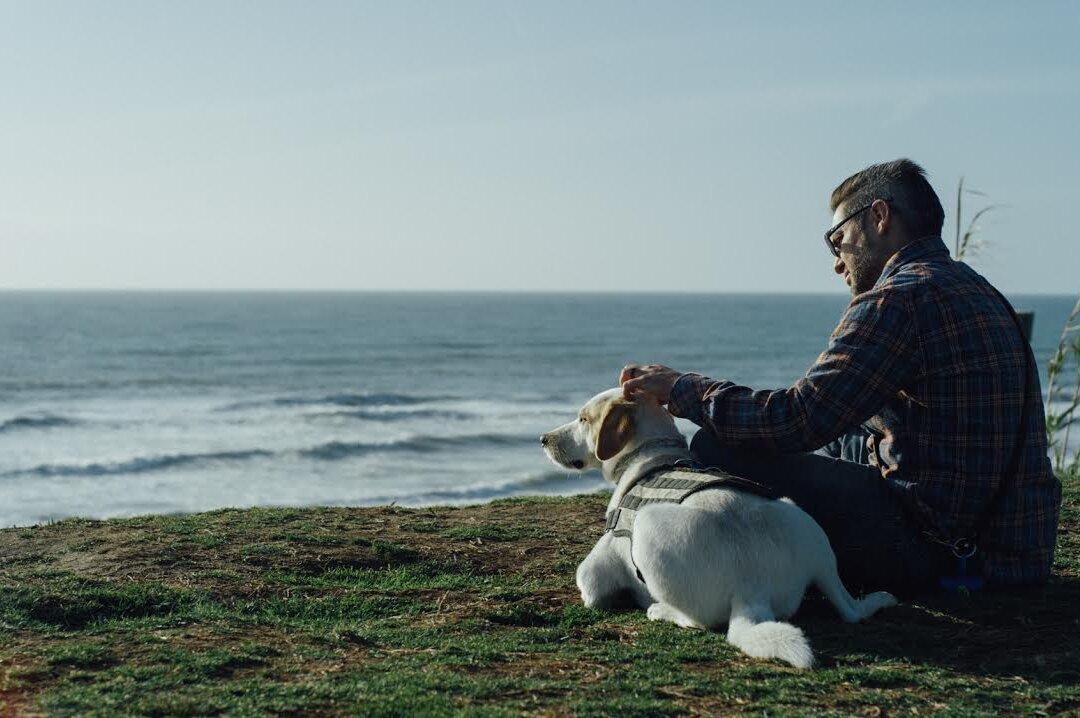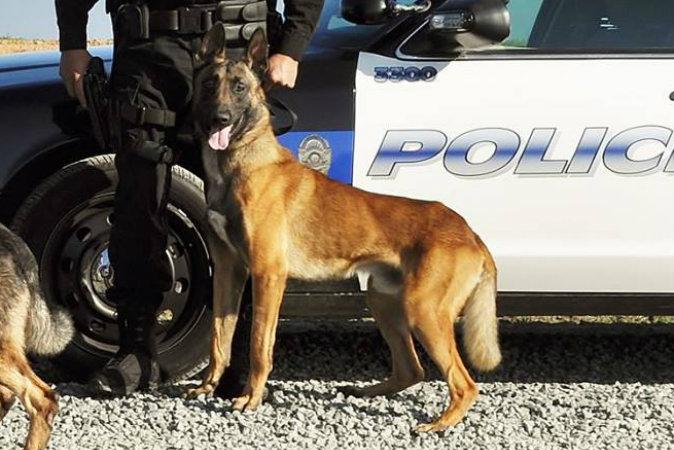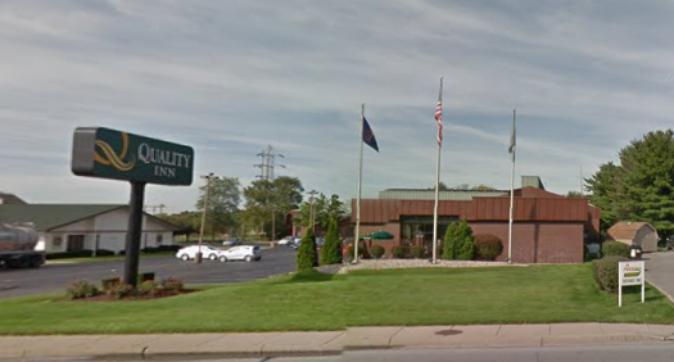Randall Dexter, a medically retired veteran who served in Iraq twice, battled with post-traumatic stress disorder (PTSD) in early April 2005 after his crew was hit with an improvised explosive device (IED).
“Three Iraqi civilians were severely injured,” he said. “One of [them] had a mortal wound to his head.”
Dexter was the only medic there, and because he couldn’t save a life, it took an emotional toll on him, resulting in his depression, he said. He was diagnosed with PTSD at the end of 2008.
Dexter took 14 medications per day, including sleep medications, antidepressants, migraine medications, anti-anxiety meds, injections for a blood clot, and many more.
“I was a walking zombie because the medications kept me physically drained and very hazy mentally,” he said. On top of PTSD, he also had a traumatic brain injury from playing flag football a few years later.
“I was an emotional mess,” Dexter recalled, adding that his wife had never left his side.
According to the Department of Public Health, over a third of nondeployed veterans will commit suicide within three years after leaving service.
Perhaps that could have been Dexter, if rescue dog, Captain, hadn’t come to his aid.




